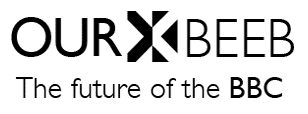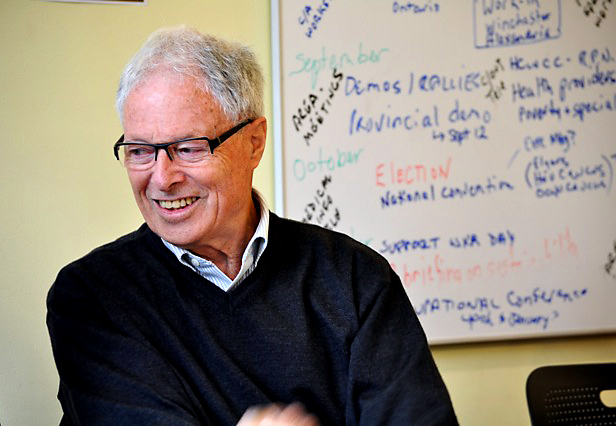Give a platform to those challenging the mainstream media
by Colin Leys
The BBC’s mandate to reflect diversity is not well served in relation to international events or events in foreign countries. The sources of international news have narrowed, and goings-on elsewhere are covered from a predictable standpoint, close to the increasingly narrow ideological space between the main political parties, with important information often failing to be reported.
A good example is the treatment of the shooting down of MH17 over Ukraine, which is regularly treated as the responsibility of either the Russian government or the ‘rebels’ of the Donbass region acting with Russian assistance. This may yet prove to have been the case, but several people with expertise on the issue have found serious reasons to doubt it, and the continued lack of evidence for it has become something of an embarrassment. The evidence for doubting the mainstream account has been published on various websites but has not been mentioned in the BBC’s reporting.
Another case in point was the alleged use by the Syrian government of nerve gas which later proved to have come not from Syria but from either Saudi Arabia or Turkey. The reasons to doubt the mainstream report were covered on various websites long before they were given heavyweight confirmation by Seymour Hersh in the London Review of Books.
News reports like these from conflict zones around the world are often published on ‘dissident’ websites and subsequently prove to have been correct, at least in important respects. This is also sometimes true of information reported by foreign broadcasters with known ideological positions such as RT. The BBC could have a weekly radio slot reporting such reports and highlighting their potential significance for the way the events in question are being interpreted in the mainstream.
Such a programme might also borrow from the practice of CBC’s long-running nightly As It Happens radio programme, in which actors involved in the news around the world are interviewed by phone. The programme could interview the authors of online articles and reports abroad that challenge mainstream views (from whatever perspective), asking about their sources and probing their interpretations. It could attract a significant audience by being challenging but also genuinely curious, giving the people called an opportunity to reveal themselves and the contexts in which they are working.
Colin Leys is Honorary Research Professor of Media and Communications at Goldsmiths, University of London
Why vote? We will feed in readers' favourite ideas to the government's consultation on the future of the BBC, and profile them heavily in the media. We believe the debate over the BBC's future is too narrow and focused on cuts - it's missing strong, positive ideas about what public broadcasting can and should be. By voting, you can have your say on what those ideas should be - and if you've got your own, share them with us→




